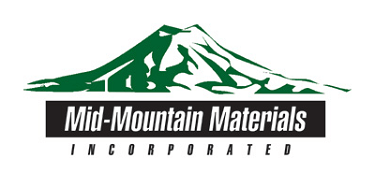A mechanical seal that is used to fill gaps between two or more materials that are bonded together is called a gasket. A standard gasket typically serves the purpose of preventing any liquid or gas from leaking from the materials.
.jpg)
Image Credit: Mid-Mountain Materials, Inc.
In high-temperature applications, gaskets should be able to withstand extreme temperatures and at the same time prevent any leakages.
Mid-Mountain Materials, Inc. produces a variety of high-temperature gaskets for sealing, and this article discusses a few of the company’s products.
THERMOPAK® Die-Cut Gaskets
The range of die-cut gaskets from Mid-Mountain is engineered with materials that are resistant to abrasion, high temperature, and chemicals, making them ideal for use in various industries.
This product range is entirely customized, and custom die-cut gaskets are made exactly to customers’ specifications. They are used to fill any imperfections on mating surfaces requiring sealing, to offer an air-tight barrier, making sure that there is no emission, liquid, or gas leakage.
As a vertically integrated company, Mid-Mountain is able to offer high-temperature gaskets of the best quality that are ideal for the application. Based on clients’ requirements, the company can create custom die-cut gaskets using coated and uncoated fabrics, and non-woven fabrics such as felts and papers.
THERMOPAK® Tadpole Gasket
A tadpole gasket is a high-temperature insulation tape that features a bulb and tail design. These high-temperature gaskets include a cover material and an inner core material in a variety of specifications that are specific to the demands of the application.
The tadpole gasket design ensures a high standard and sealing performance and they can be designed specifically to resist chemicals, moisture, and abrasion.
Cover materials for Mid-Mountain’s range of tadpole gaskets include fiberglass and silica fabrics that are coated with refractory coatings or silicone rubber in order to maximize heat resistance. The core materials include Inconel or stainless steel for less density or neoprene or silicone for core maximum density.
Typical applications of these high-temperature gaskets include expansion joints, boilers, oven and furnace doors, and ductwork.
Mid-Mountain Materials, Inc. specializes in developing textiles and fabrics which can be used in high-temperature applications, including those specifically for high-temperature gaskets. For more information about these products, customers can contact the company.

This information has been sourced, reviewed and adapted from materials provided by Mid-Mountain Materials, Inc.
For more information on this source, please visit Mid-Mountain Materials, Inc.